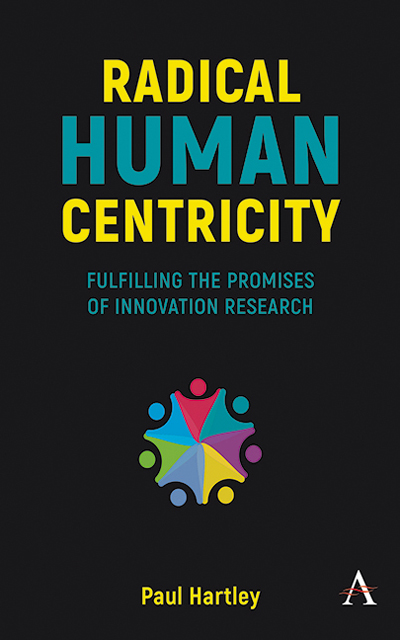Summary
The understand phase does not usually appear in a lot of service design protocols. It is missing in the “Observe, Generate, Activate” format used in service design and foresight circles. It appears a bit in the “define” stage of the design thinking process, but given that this protocol outlines its actions as “empathize,” “define,” “ideate,” “prototype,” and “test,” we can see emphasizes problem framing and is not about a true analysis of what is discovered in research. This is a real shame, because this is an omission borne out of the “action-oriented,” somewhat antiintellectual phase in contemporary business. There is little appreciation, or time allowed, for the work of sitting and thinking, arguably the key element of any consulting process. Since most consultants and innovation teams use off-the-shelf formats like service design, or design thinking processes, there is very little to differentiate them except their skill as analysts. And yet, the process they adhere to does not really give detailed thinking its due. It is a forgotten skill in any research process, and it is what happens between the “ethno” and “graphy” of ethnography.
The RHC process puts an emphasis on analysis and thinking by giving them their own phase—the Understand phase. What this means is in any RHC engagement, the thinking is not squeezed between the flight home and the production of some deliverable but is given the appropriate amount of room to breathe.
Thinking is an undervalued skill in business and design. It is not something cultivated in cultures that prefer “do” over “think.” But without analysis, data is just data, and fieldnotes are just a list of curious observations. Insights do not happen overnight, and so it is important to allow researchers the time to make sense of what they experienced and to translate this into what everyone needs to know about we world they studied. This is a time for experience and expertise. The Understand phase is also a time for conversation, collaboration, and argument between collaborators. It is a time to make mistakes and to correct problems in thinking. Done properly, the Understand phase develops the foundations holding everything coming after.
- Type
- Chapter
- Information
- Radical Human CentricityFulfilling the Promises of Innovation Research, pp. 200 - 207Publisher: Anthem PressPrint publication year: 2022



